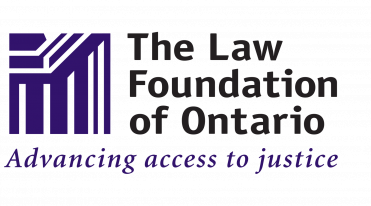
Mobilizing a network of more than 200 lawyers, mediators, paralegals, and community resources, Reach Canada provides legal education and referrals in the Ottawa and Champlain region that address the rights and interests of persons with disabilities.
Reach Canada provides hundreds of pro bono legal referrals every year, increasing access to justice for people with disabilities in Ottawa and the surrounding area. Referral requests come from both people with disabilities and from organizations that serve them.
Recently, Reach noticed an upward trend in requests coming from frontline workers. From research, such as the Foundation commissioned Trusted Help report, Reach knew that frontline workers are often the best placed resource to support clients facing legal issues. Reach realized this group needed help identifying appropriate legal referrals and support in understanding the common legal needs and experiences of people with disabilities.
With an Access to Justice Fund grant, Reach’s Increasing Legal Referrals Through Frontline Workers project will develop resources and training for frontline workers to enhance their ability to identify legal issues, conduct effective intakes, and facilitate referrals, all centering around the lived experiences of people with disabilities. Topics will include landlord/tenant law, wills, estates, and Powers of Attorney, and family law.
The project will also allow Reach to build awareness with a broader range of organizations, such as those serving people who are in transitional housing or at risk of homelessness, immigrants and refugees, seniors, and other marginalized groups. It will increase referrals to Reach’s services and the confidence of frontline workers, as well as support resolutions to the legal issues faced by people living with disabilities.


